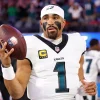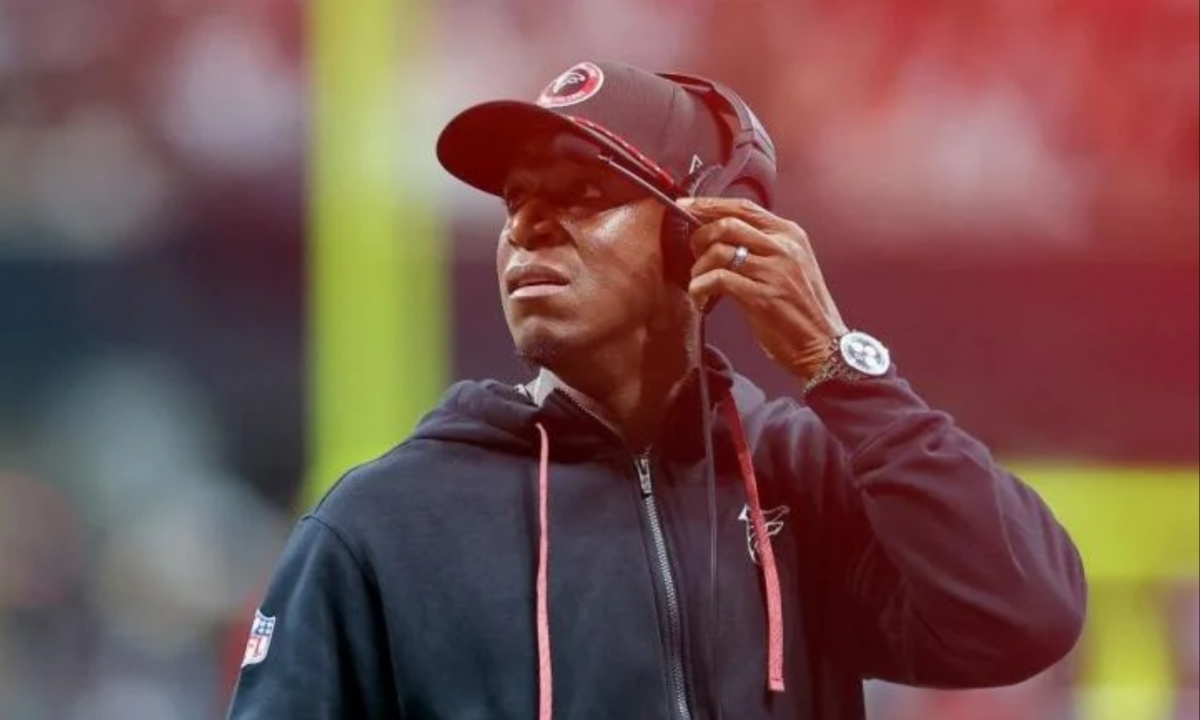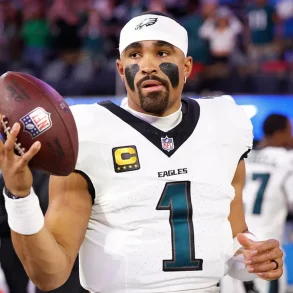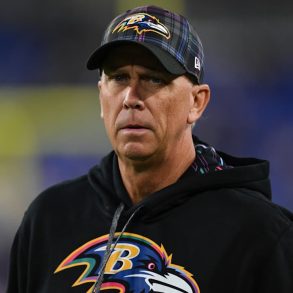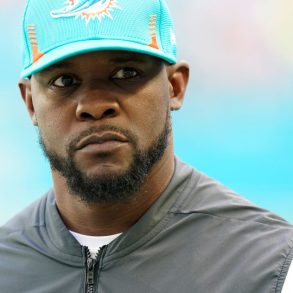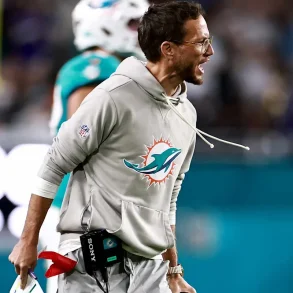In Week 3 of the NFL season, a controversial non-call during the Kansas City Chiefs’ 22-17 victory over the Atlanta Falcons drew significant attention. Late in the fourth quarter of the Sunday Night Football game, the Falcons faced a crucial third-and-five from the Chiefs’ six-yard line. Atlanta quarterback Kirk Cousins targeted tight end Kyle Pitts with a pass, but Pitts failed to secure the ball. Kansas City safety Bryan Cook made contact with Pitts throughout the play, including a bear hug before the ball arrived, which many believed warranted a pass interference penalty. However, no flag was thrown.
Referee Tra Bale addressed the missed call after the game, explaining that it was a real-time judgment decision made by the officiating crew. In the post-game pool report, Bale stated that from the angle available to the officials at the time, they did not believe a foul occurred. NFL rules do not allow pass interference penalties to be reviewed, leaving the decision entirely to the discretion of the officials on the field. Bale emphasized that such calls are inherently subjective and made at the moment based on the officials’ best judgment.
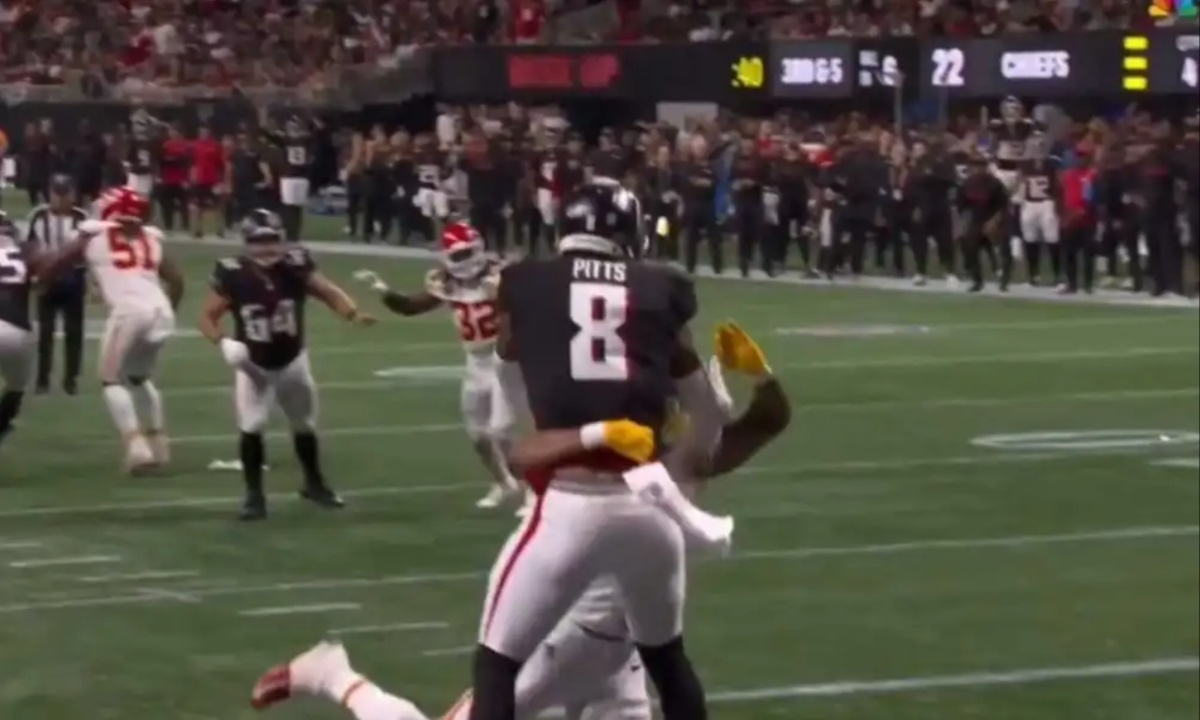
Had the penalty been called, the Falcons would have received a first down at the Chiefs’ one-yard line with the opportunity to take the lead. With just under four minutes remaining, Atlanta would likely have attempted a two-point conversion if they scored a touchdown, aiming to go up 25-22. The non-call, however, left the Falcons unable to capitalize, and the Chiefs maintained their five-point lead. Kansas City faced criticism for benefiting from the officials’ decision, while Atlanta’s head coach Raheem Morris declined to comment on the matter during the post-game press conference.
The missed penalty call became a major talking point among fans and analysts, sparking debates about the subjectivity of officiating in critical moments of games. Critics argued that the lack of consistency in penalty calls can significantly impact the outcome of close contests. Others highlighted the challenges faced by referees in making split-second decisions without the benefit of video review for certain infractions. This controversy added to the ongoing discussion about whether the NFL should expand the scope of reviewable plays to include judgment calls like pass interference.
Moving forward, the Chiefs, now 3-0, are set to play the Los Angeles Chargers in Week 4, while the Falcons will face division rivals, the New Orleans Saints. Both teams will look to move past the controversial finish as they prepare for their respective matchups. However, the non-call will likely remain a sore point for Atlanta and a reminder of the fine margins that can determine the outcome of NFL games.
